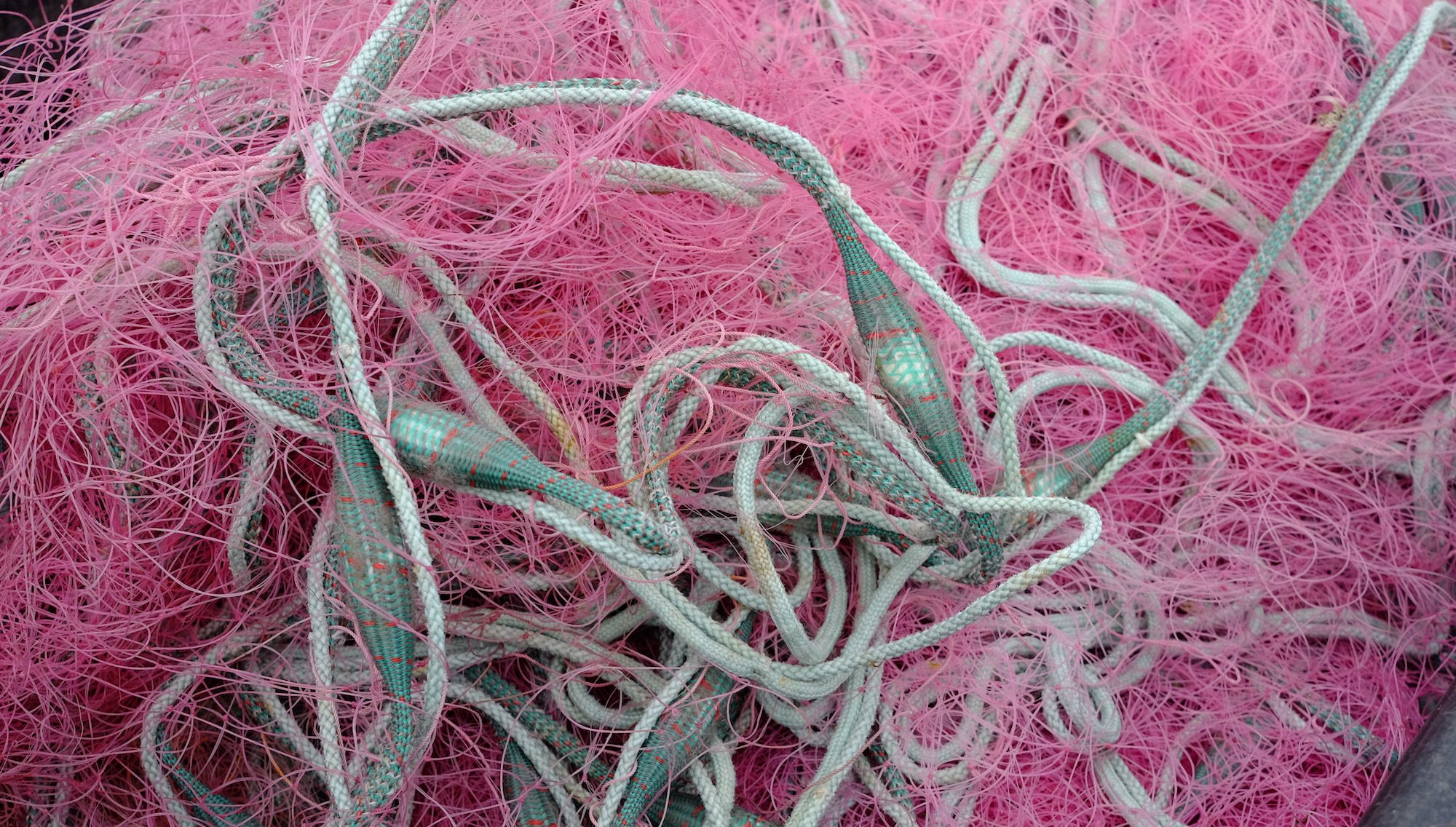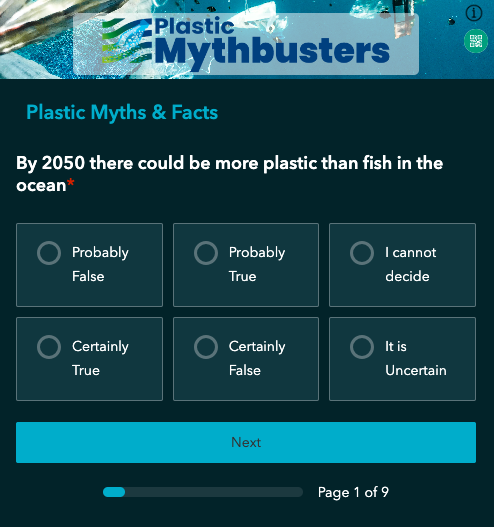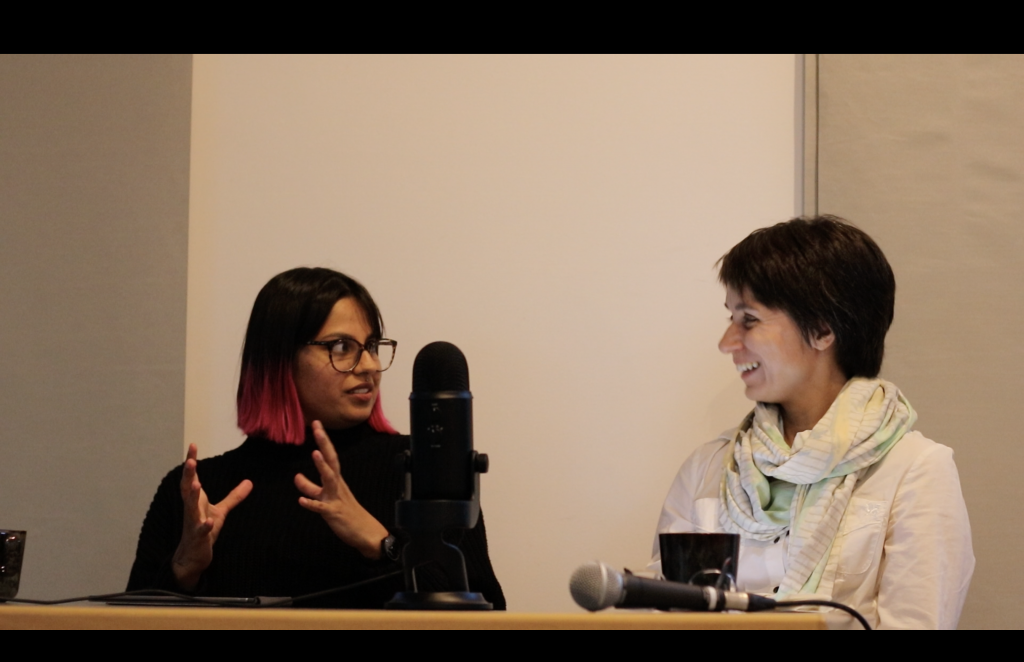This year, 2024, is the crucial year for the plastics treaty negotiations. If you haven’t heard about them, the United Nations are working on an international, legally binding agreement to end plastic pollution. It’s been called the most important environmental deal since the Paris climate accord. Many countries want it to be an ambitious agreement that covers the full lifecycle of plastics, from production to disposal. But some countries are not so keen on this, and they have held up the development of the treaty. How and why exactly did they do this, and is there still hope for a strong and effective international agreement? To explore this, Anja connected with Magnus Løvold, an expert in Peace and Conflict Studies, and advisor with Lex International and NAIL, the Norwegian Academy of International Law. In their three-part conversation, they dive deep into the diplomatic gyre.
#PlasticsTreaty Playlist
This is the playlist for all following the negotiations towards a global plastics treaty. It contains a series of conversations, features and shorts. The #PlasticsTreaty shorts bring you short, snackable input while the negotiations are ongoing. This is an interactive format – you can contribute too (more info here).
Feature Stories
Guest & special episodes
Transcript: How (not) to Make a Plastics Treaty – Part II: Drama and Delay
This is the second of three parts of the conversation. We take you back into each meeting of the treaty negotiations – INC-1 in Uruguay, INC-2 in France and INC-3 in Kenya. We’ll talk diplomacy and give you a better understanding of what’s going on on the international stage.
Transcript
Continue reading “Transcript: How (not) to Make a Plastics Treaty – Part II: Drama and Delay”
Transcript: How (Not) to Make a Plastics Treaty – Part I: Ambition in a Bracket
This is the first of three parts of the conversation. We take you back into each meeting of the treaty negotiations – INC-1 in Uruguay, INC-2 in France and INC-3 in Kenya. We’ll talk diplomacy and give you a better understanding of what’s going on on the international stage.
Continue reading “Transcript: How (Not) to Make a Plastics Treaty – Part I: Ambition in a Bracket”
#PlasticsTreaty Shorts: Waste Colonialism with Nirere Sadrach and Sharifa Ismail
#PlasticsTreaty Shorts: Production Caps and Moratoriums with Andrés Del Castillo
#PlasticsTreaty Shorts: The Planetary Boundary with Bethanie Carney Almroth
#PlasticsTreaty Shorts: Unknown chemicals with Walter Waldman
Join the Plastic Mythbusters!
What do you know about plastic pollution? Test your knowledge with the Plastic Mythbusters quiz on the Coastal Pollution Toolbox.
A project by Helmholtz Centre Hereon on the Coastal Pollution Toolbox, with Ahnen&Enkel, and the University of Strathclyde.
Can’t finish the quiz?
#PlasticsTreaty Shorts: Consumption Reduction with Kristian Syberg
#PlasticsTreaty Shorts: Three Principles with Chris Dixon
In German: SCHIRN mini-series
We dove into the PLASTIC WORLD – a world full of incredible possibilities, but also problematic side effects. Meet plastics experts from various disciplines in this three-part series in German language on the SCHIRN podcast, including art exhibition curator Martina Weinhart, soil ecologist Matthias Rillig, deep-sea ecologist Melanie Bergmann, eco toxicologist Martin Wagner and political scientist Per-Olof Busch. They present important insights into the current discourse on plastics in science, the art world, and politics.
Realized by SCHIRN MAG and Ahnen&Enkel – where I work now. With illustrations by Moritz Wienert.
Plastic Overshoot Day
Ep. 13 – Demands for the Plastic Treaty: Science over Profit
On March 2, 2022, countries from around the world agreed to establish a global treaty to end plastic pollution. After the first meetings in Senegal and Uruguay, the discussions around the treaty are in full swing. Next, the country’s representatives are heading to Paris, France, in May 2023. They’ll meet for the second session of the INC, the Intergovernmental Negotiating Committee, which is the forum where the treaty is debated. After that, three more of these INC meetings are scheduled. If all goes well, the diplomats could agree on the plastics treaty at the final conference in the summer of 2025.
So that’s the rough timeline – pretty ambitious, compared to how slow politics often move. But speed isn’t everything. How will the delegates make sure to actually get a treaty that tackles plastic pollution effectively, and in a fair way? Who gets a seat at the negotiating table, and who doesn’t? And what does the treaty need to contain and cover? In the past months, Anja asked scientists and experts to send her their thoughts and demands. In this episode, you’ll get to hear messages from Richard Thompson, Bethany Carney Almroth, Sonia Dias, Tridibesh Dey, Martin Wagner, Trisia Farrelly, Rebecca Altman and Lesley Henderson. Continue reading “Ep. 13 – Demands for the Plastic Treaty: Science over Profit”
Listening Session
Baldeep Kaur is a doctoral fellow at the University of Potsdam, studying the afterlives of discarded colonial technologies. Last November, they invited Plastisphere creator Anja Krieger to a live listening session at the Minor Cosmopolitan Assembly, an event organized by the research training group with the same name. Together with the audience, Baldeep and Anja listened to and discussed short excerpts from the podcast’s episodes, each highlighting a different dimension of human relationships with plastics at various stages of their life-cycles. Hear more about the production process and behind-the-scenes research stories from both sides, that of the podcast producer and that of the listener.
The Indisposable Podcast – Reuse and Justice
A new guest episode to inspire your ears, mind and heart, kindly shared by Upstream. Plastic pollution is not just a waste issue. It starts with production, continues during use, and in the end, a lot of it ends up dumped or in the environment. But the problems plastics cause from production to disposal are not distributed equally. They impact some communities more than others, especially those already at a disadvantage and with little political power. One of the people fighting this environmental injustice is Tiza Mafira. She’s a lawyer and environmental activist from Jakarta, Indonesia, and one of the heroes of the documentary “The Story of Plastic”. She recently met up with Matt Prindiville on The Indisposable Podcast, a show produced by Upstream, a US-based non-profit. Hope you enjoy their conversation as much as I did!
Continue reading “The Indisposable Podcast – Reuse and Justice”
What on Earth: Plastics Treaty Negotiations Start in Uruguay
Remember our episode a few months ago on the history of the plastics treaty? To recap: In March, the United Nations Environmental Assembly decided to negotiate a global agreement to tackle plastic pollution. The ambitious plan is to develop a binding treaty covering the full lifecycle of plastics within the next two years, by 2024.
This week, this process is moving forward at an international meeting in Uruguay. From November 28 to December 2nd 2022, the first session of the Intergovernmental Negotiating Committee – INC1 for short – will take place in the city of Punta del Elste. Anja will be sharing updates on Mastodon, where you find her as @plastisphere@podcasts.social.
Here on the audio feed, we present an introduction of what’s to expect in Uruguay – a guest episode by the Environmental Investigation Agency, a Nongovernmental Organization involved in the plastic treaty negotiations. Their podcast ahead of INC1 in Uruguay is really insightful, and they kindly shared it with us.
Link to the podcast website: EIA What on Earth
Thanks to EIA Ocean Campaign Leader Christina Dixon, EIA Ocean Campaigner Jacob Kean-Hammerson and EIA Senior Press and Communication Officer and podcast host Paul Newman for sharing this episode.
Sustainable Asia: Producer Responsibility and Packaging Design
We can’t be the only ones responsible for plastic pollution. It’s time for producers and distributors of disposable plastic to take responsibility for where their packaging goes. Plastisphere presents an episode from Sustainable Asia’s “Mapping Asia’s Plastic Crisis” series on producer responsibility and packaging design, featuring experts from Indonesia, the Philippines and Singapore, hosted and produced by Marcy Trent Long and Bonnie Au.
Guests: Helen Panangung, Von Hernandez, Miko Alino, Ashwin Subramaniam
Music: Sustainable Asia theme: Alexander Mauboussin, Blue Dot Sessions www.sessions.blue/, Plastisphere Theme: Dorian Roy
Thanks to: Lili Fuhr, Clemens Kunze, Heinrich Böll Foundation, Berlin/Hong Kong
Video credit: Break Free From Plastic Philippines Project
Updates on Twitter: @SustainableAsia
Listen to more podcasts from Sustainable Asia here:
– in English: https://www.sustainableasia.co/listen-in-english/
– in Chinese: https://www.sustainableasia.co/chinese/


